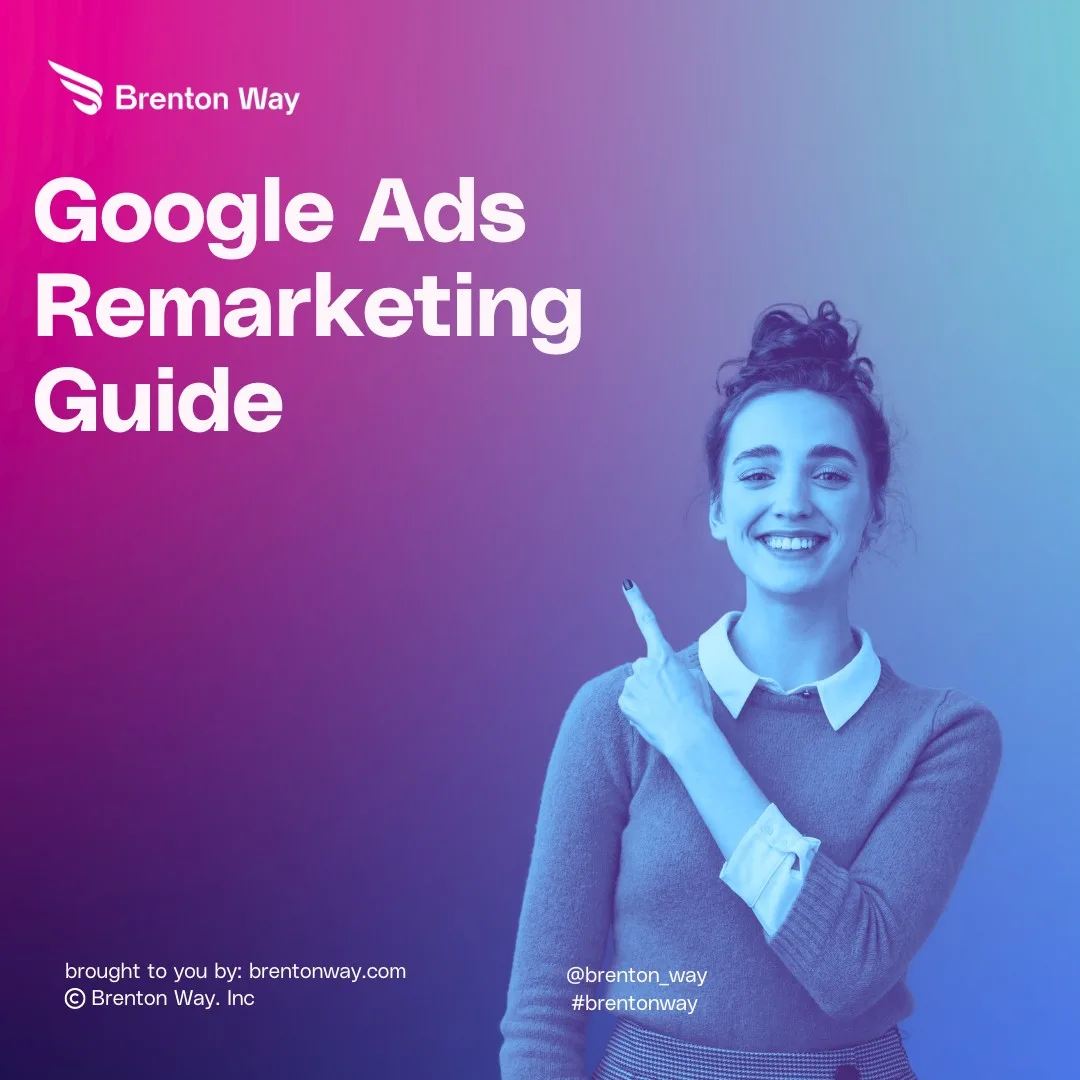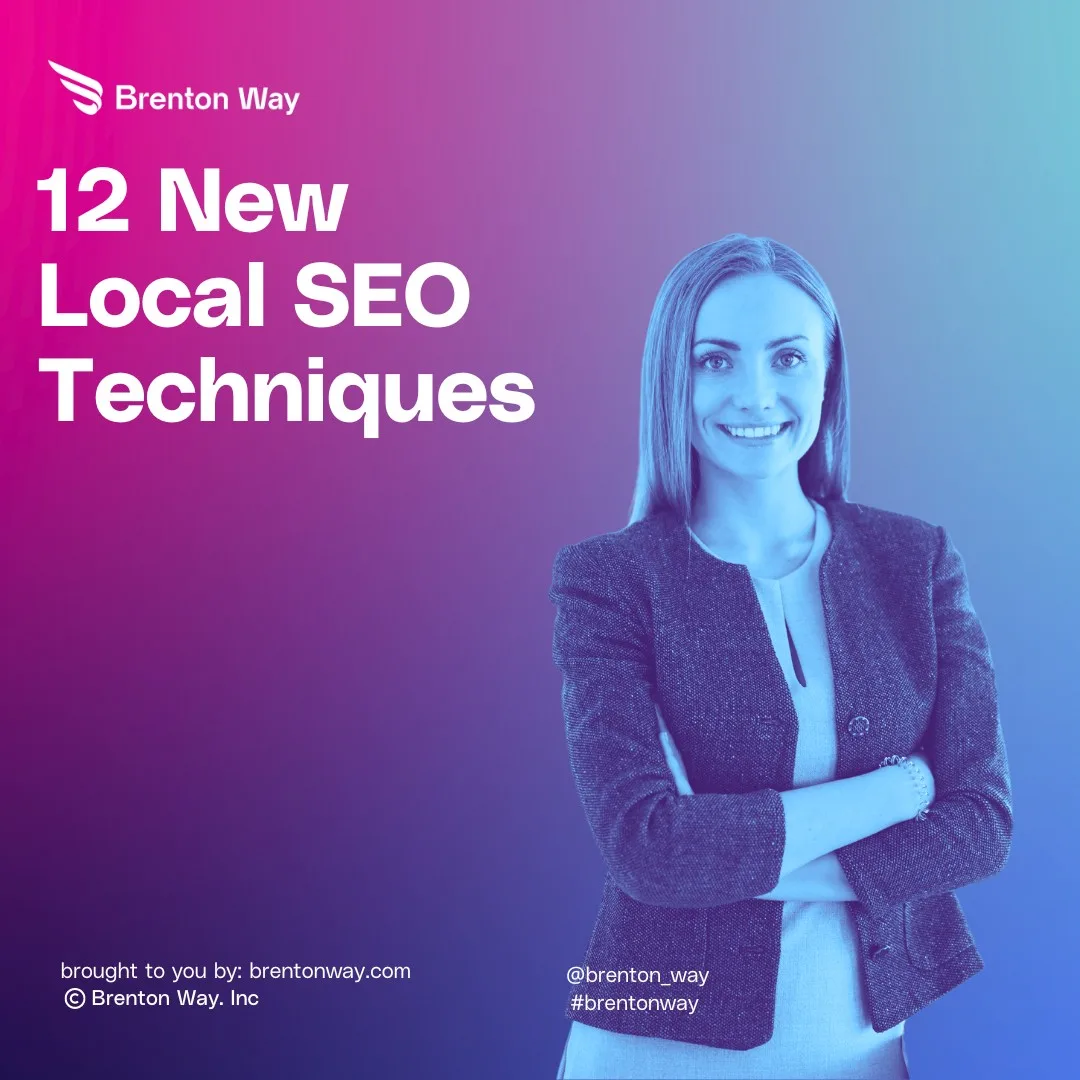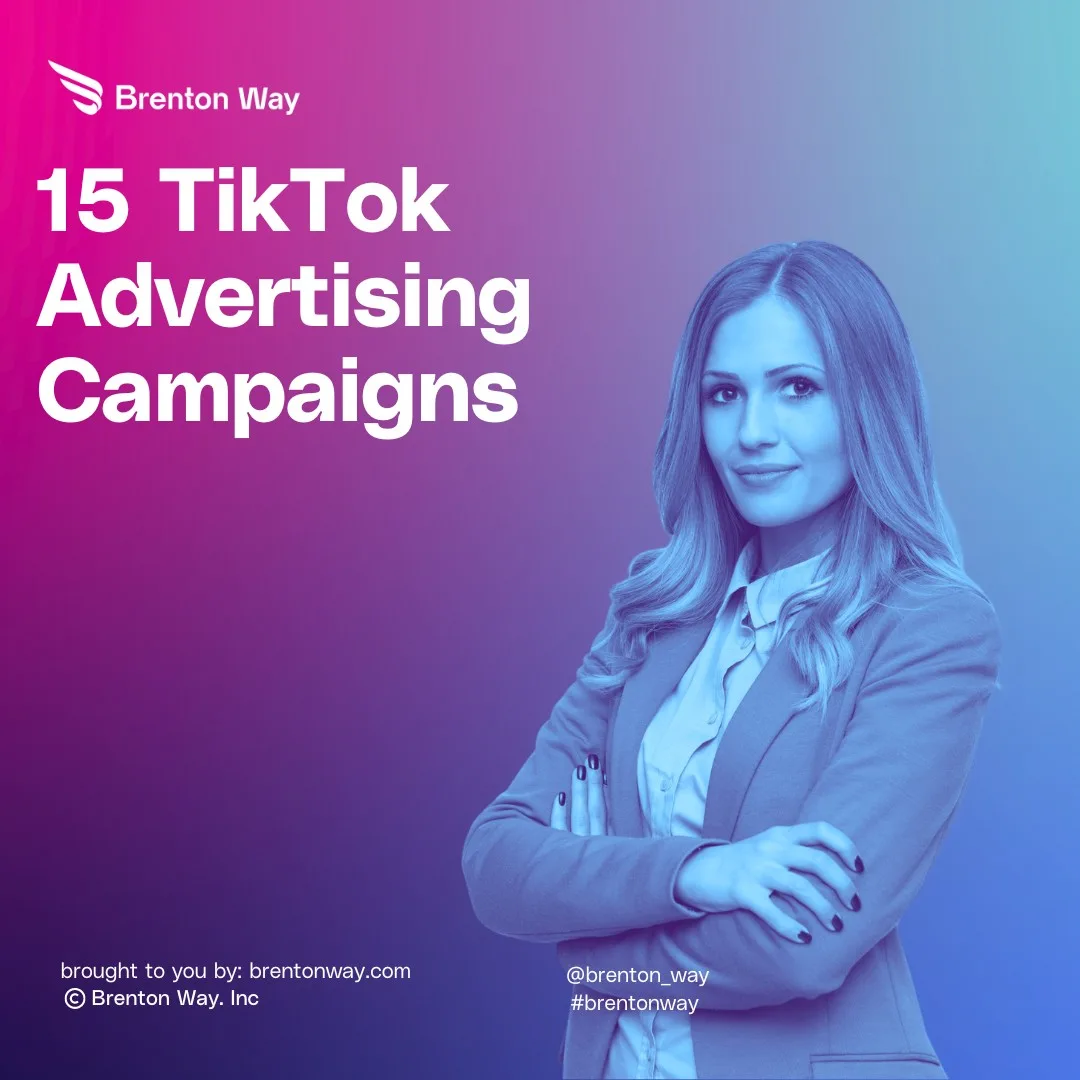
In the fiercely competitive hospitality sector, drawing in new businesses and keeping existing ones requires a strong grasp of and ability to influence consumer behavior. Businesses can benefit from marketing techniques aligning with the psychological factors influencing consumer decision-making. Hospitality firms can use marketing psychology to create campaigns that appeal to their target consumers’ emotions, […]
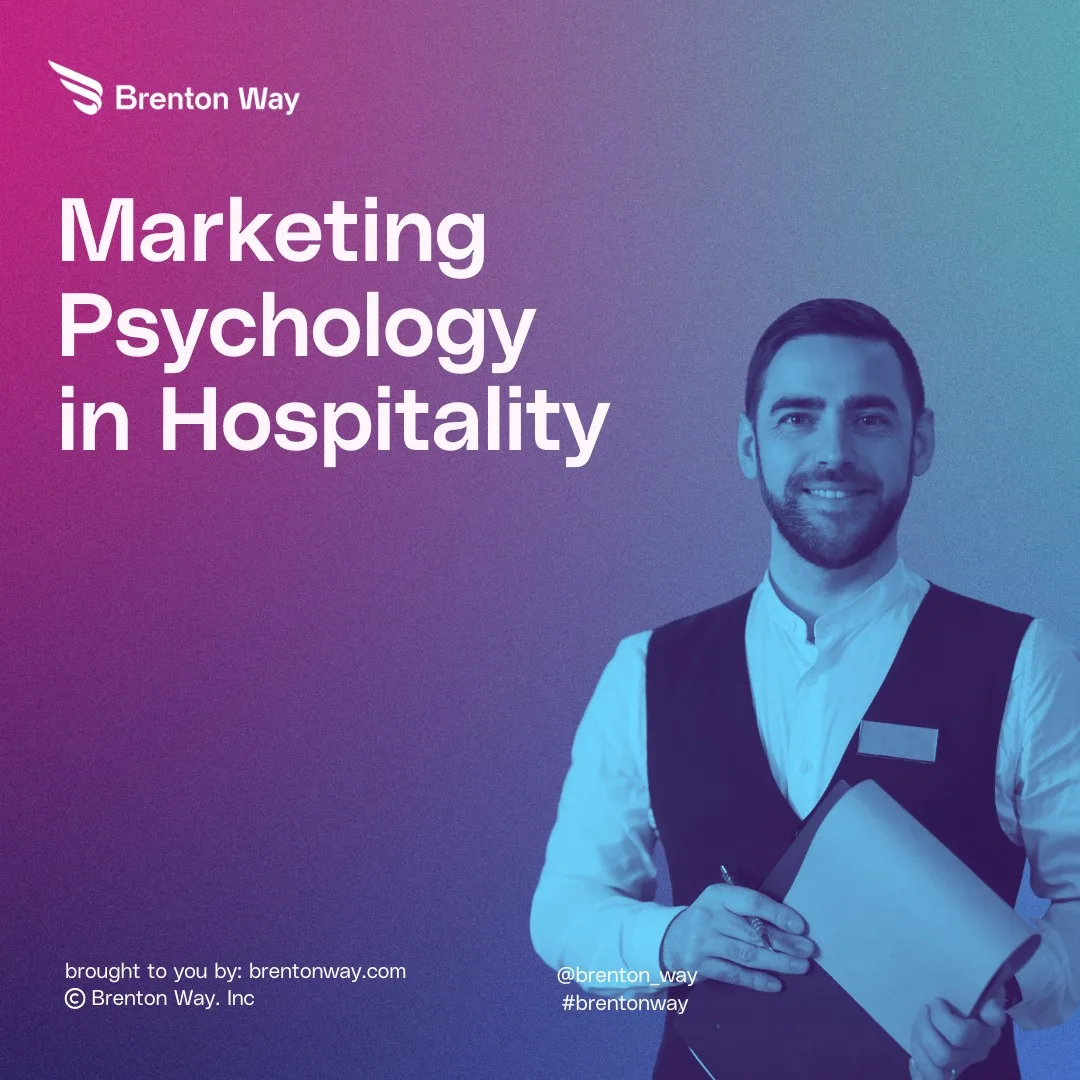
In the fiercely competitive hospitality sector, drawing in new businesses and keeping existing ones requires a strong grasp of and ability to influence consumer behavior.
Businesses can benefit from marketing techniques aligning with the psychological factors influencing consumer decision-making.
Hospitality firms can use marketing psychology to create campaigns that appeal to their target consumers’ emotions, subconscious wants, and cognitive biases.
This will influence their behavior and foster enduring brand loyalty.
The study of how human behavior and psychological concepts affect consumer decisions in a marketing context is known as marketing psychology.
It entails comprehending the attitudes, feelings, perceptions, and mental processes influencing people’s decision-making while purchasing and interacting with companies.
In other words, understanding the psychological elements that influence people’s decisions, bookings, and interactions with hospitality services like accommodation, dining, entertainment, and travel.
Psychology principles for hospitality marketing can draw customers, improve their experiences, and cultivate loyalty by utilizing psychological insights.
Here are 8 marketing psychology tactics for hotels that travel and hospitality businesses should follow to Influence consumer behavior:
People want to follow crowd wisdom when deciding where to stay or what experiences to book.
Before any spending, people go down the rabbit hole of scrutinizing reviews, gawking at imagery, and soaking up the opinions of people who have already spent on the product or service.
This Bandwagon effect is hardwired into the psyches from an early age.
Whether picking a restaurant, joining a club, or checking out a new product, people instinctively seek validation through the actions and endorsements of others they can relate to.

Smart hotel marketers understand the immense power of this social proof principle.
They know strategically showcasing testimonials, user-generated photos and videos, and ringing endorsements from respected influencers can bring them customers.
It’s about creating an undeniable buzz, a powerful force of desire that leaves audiences feeling like they’re being left out and missing out on an exceptional experience if they don’t get onboard too.
For example, the luxury resort seems to have the best moments at every turn.
By adeptly amplifying the captivating voices and compelling visuals of real guests, hotel marketing can spark the travel wanderlust and intense digital pressure that ultimately translates to bookings.
Also See: 124 New Inbound Marketing Stats For 2024
The scarcity principle suggests that people assign greater value to things perceived as scarce or limited in availability. It should be a part of your DTC marketing plan.
Everyone likes it when anything is branded as “limited edition” or “extremely exclusive.”
There is something psychologically intoxicating about missing out on an amazing, once-in-a-lifetime experience or opportunity.
The masters of marketing psychology in hospitality understand this obsession deeply.
They know that by carefully cultivating an air of scarcity and expiring availability around their offerings, they can tap into people’s inner fear of missing out and drive us into a state of explosive desire.
That “one crazy night only” promotion for the world’s most exclusive restaurant? Suddenly, having a big bucket of cash burning a hole in one’s pockets is a small price for such access.
Best hospitality brands are masters at triggering these emotions through strategic timing, creative packaging, and building fierce demand.
They make you feel like you are among a privileged few who are being granted special entry into an exceptionally curated experience.
An adventure so mysteriously exclusive that you would be devastated to let it slip through your grasp.
They are surgically creating this perception of scarcity.
But your brain is more than happy to get swept up in the intoxicating urgency, convincing you that you must have what is severely limited before it disappears.
Booking.com does an excellent job in leveraging the principle of scarcity to speed up their bookings.

The principle of reciprocity dictates that people feel obligated to reciprocate when they receive something of value from others.
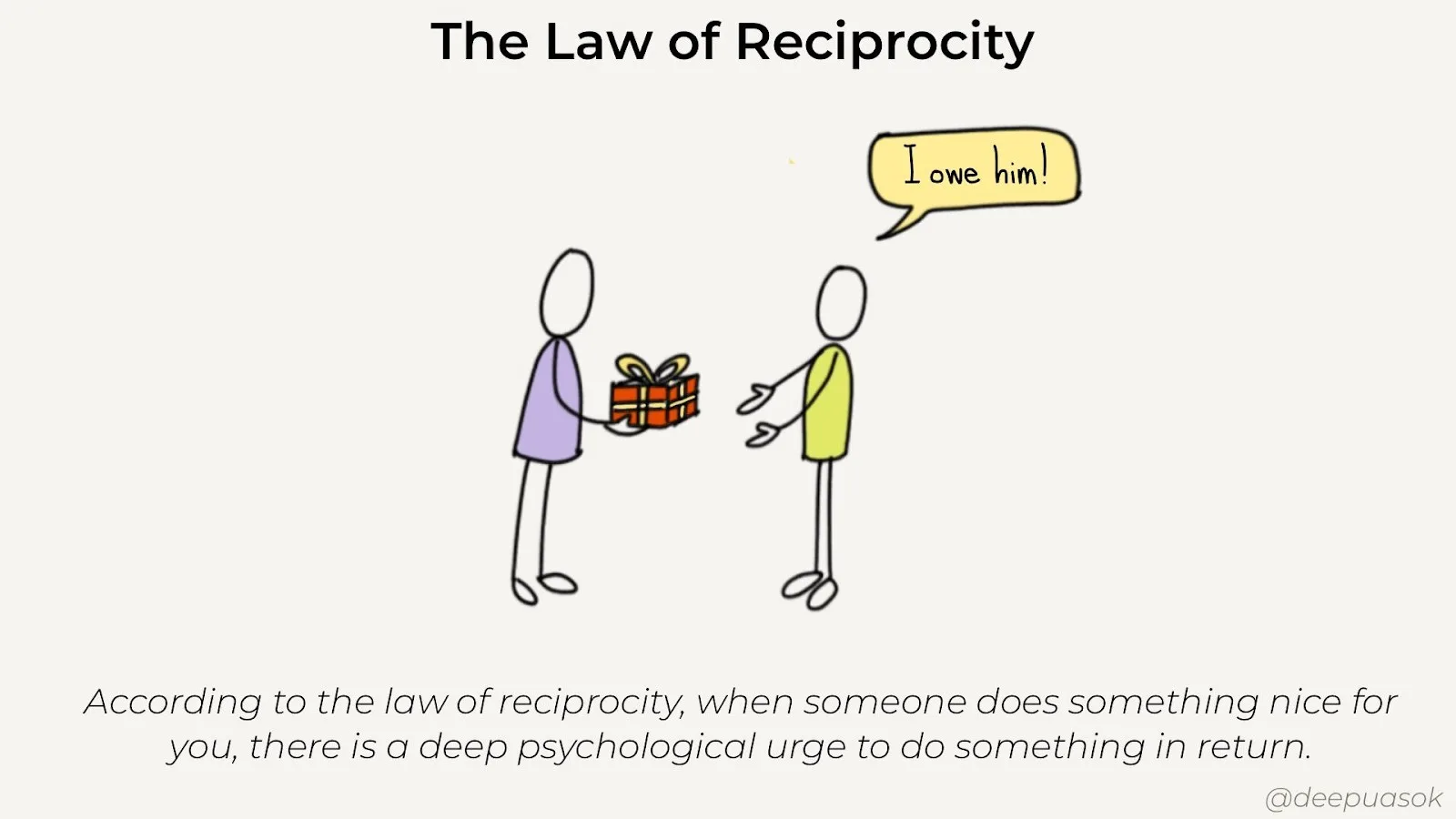
Do you know the feeling you get when someone does something unexpectedly kind to you?
A friend grabbed the lunch bill without you asking, or a coworker lent a hand on a brutally busy day. In those moments, you feel gratitude and think, “Now I gotta do something nice for them in return.”
It’s an involuntary psychological reflex hardwired into us by years of evolutionary development.
We’re unconsciously compelled to “re-gift” the goodwill and reciprocate kind gestures from others. Hospitality marketers understand and exploit this principle.
They know that starting things with a small freebie, room upgrade, or a personalized surprise psychologically activates strong feelings of indebtedness in their customers’ minds.
A couple who was just happy to get a good hotel rate is now feeling guilty about the free bottle of wine and snacks they will receive.
That freeloader sensation stays with them as they enjoy those “bonus” perks.
By the time they check out, they’re driven by an inner mandate to give back to the hotel through glowing reviews, social media shoutouts, recommendations to friends, and their loyalty for future visits.
Their unconscious mind won’t allow them to forget about the stay without attempting to balance the small generosity shown to them.
It’s a psychologically luxurious version of the classic “take a penny, leave a penny” hospitality mindset.
But with strategic reciprocity investments, hotel marketing brands can reap exponentially valuable returns in customer goodwill, positive word-of-mouth, and unwavering loyalty.
A little generosity goes a remarkably long way.
Also See: 20-Point Digital Marketing Checklist For New Businesses
Why does the very first thing we see or hear about something stick in our minds and color our perceptions of everything else that follows?
It’s a psychological phenomenon called “anchoring,” and hospitality marketing masters have turned it into an art form of gently guiding our decision-making.
Anchoring is a cognitive bias that causes individuals to rely on the first piece of information they receive when making decisions.
Imagine you’re looking at hotel rooms online, and the first option that pops up is an ultra-lavish penthouse suite with a spotlight text, “where you need a royal title to afford the nightly rate”.
Your mindset instantly gets “anchored” to that luxurious (ridiculously priced) experience.
So when more reasonably priced but still very nice room categories start appearing, what happens?
Your brain goes, “This one is way more affordable than the first penthouse I saw!”
Subconsciously, you’ve been anchored to perceive anything after that initial sky-high anchor as a terrific bargain.
The hospitality gurus leverage this anchoring technique by strategically ordering how they present offerings and packages.
They start by vividly describing and rendering the villa. They also immediately spotlight the “So Extra I Can’t Even Afford This” spa package.
Whatever that initial anchor is, they know it will establish standards and reference points in customers’ minds for every other option they want.
It’s a clever way to calibrate mindset from the beginning and leveraging digital PR is an excellent way to do that.

So while customers think they are being perfectly rational in evaluating amenities and prices, those anchoring masterminds have already tilted the playing field in their desired direction.
The smartest hospitality brands understand the primitive need for belonging.
They recognize that forging genuine personal connections that resonate with their guests’ identities and worldviews is integral to inspiring ferocious loyalty.
So, they get upstream of the transactional experience by cultivating rich communities and ecosystems their target audiences yearn to be a part of.
Then, they create exclusive clubs, insider membership programs, unique events, and meetups where valued guests can mingle and bond over their mutual passions for culinary haute couture, sustainable eco-trekking, or obscure literary path analysis.
Once that sense of kinship and tribal belonging is established under the brand’s umbrella, an incredibly powerful centrifugal force takes over.
Those thoughtfully cultivated communities become self-sustaining portals that keep members returning and eventually recruit others.
No amount of points, discounts, or basic transaction incentives can replicate the passionate intensity of being embraced by a receptive tribe and permeating a hospitality brand with identity-level relevance.
Also See: What is Remarketing? Complete Guide to Google Ads Remarketing
The endowment effect is the tendency for people to value something more highly once they possess it.
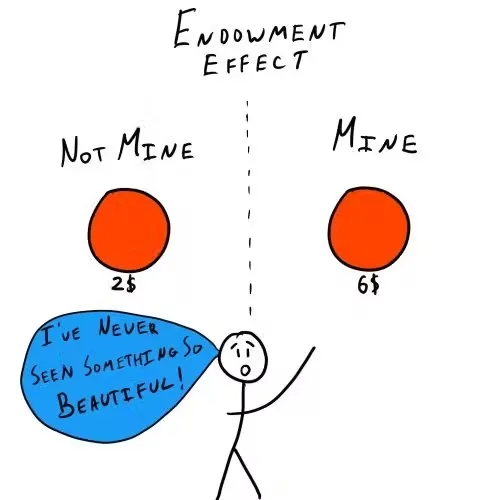
An irrational quirk of the human mind causes people to instantly feel a sense of ownership over something the second they are handed it for free.
Those bonus bites that cost you nothing have now been “endowed” in your possession, making you subconsciously place more value on them.
Clever hospitality operators exploit this psychological endowment effect to turn casual guests into loyal patrons willing to pay a premium.
They’ll start by giving you a tantalizing taste of the good life. It can be a room upgrade to a luxury suite you didn’t reserve or a free trial of luxe spa amenities typically reserved for high payers.
It’s their way of endowing customers with a privileged experience that was originally off your radar.
And as any eminent hospitality mind-hacker knows, once that mental ownership takes hold, you’ll immediately start overvaluing the extras they’ve bestowed upon you.
That free massage treatment has now become a covetable splurge you can’t imagine going without.
From there, they can subtly reel you in by offering enticing rates or membership tiers to retain those sought-after amenities and elevated hospitality feels.
Because of the endowment effect, you’ll somehow convince yourself it’s a bargain to buy into an experience you hadn’t initially desired or expected.
It’s a marketing psychology tactic for hotels that radically increases perceived value while making the hospitality brand look incredibly generous and accommodating.
With a few freebies to spark endowment, they have manufactured an entirely new baseline of entitled expectations in your mind.
The decoy effect is a marketing psychology tactic for hotels according to which the introduction of an intentionally inferior option (the “decoy”) influences consumers to choose the option the marketer intended.
Have you ever agonized over a decision, choosing between a burger or pasta at a restaurant when both sound equally appetizing?
That’s when the hospitality marketers bring out their secret weapon, the “decoy dish” designed to make one of those options seem far more superior and irresistible.
It is a mind trick that goes like this: In addition to the burger and pasta, they will nonchalantly introduce a third, lower-value option.
A smaller burger with lower quality toppings but only $1 cheaper or a pasta that’s missing key ingredients yet discounted by some amount.
On paper, those decoy dishes make no logical sense to order. They are inferior versions of the original options you were considering.
Yet simply introducing that decoy into the choice set automatically makes one of the superior options emerge as the obvious winner in your mind.
The mediocre decoy burger has psychologically inflated the value perception around the original, higher quality burger option in comparison, or the decoy pasta has tricked your brain into realizing how much better of a deal the premium pasta provides.
It’s a mastermind way for hospitality brands to steer consumer decision-making by hacking the irrational biases hardwired into our brains.
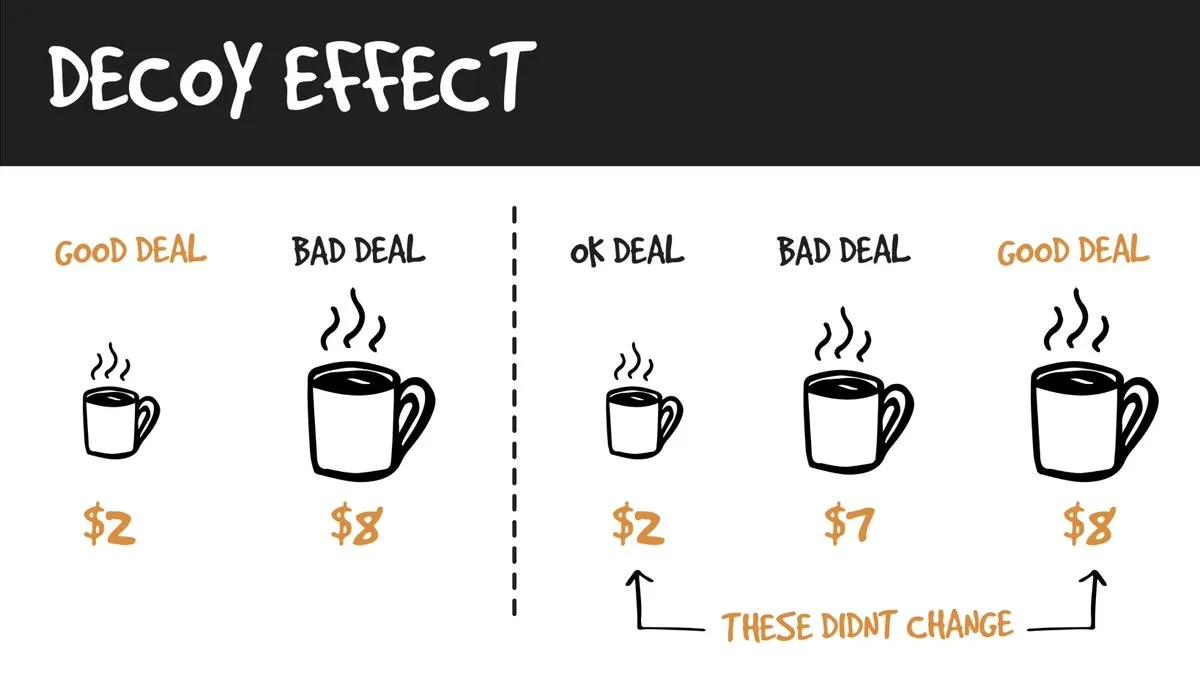
The decoy forces you to evaluate the options through a new lens, making their preferred premium choice look fresh, differentiated, and superior.
While you think you are making a free casual choice between burgers or kinds of pasta, they already won the game by cleverly introducing that telepathic nudge disguised as an inferior decoy option.
You cannot unsee or unprocess that new reference point once it enters the consideration set.
In the world of high-stakes hospitality experiences, sometimes all it takes is a little psychological push to manifest the favorable choice you want.
Also See: The Ultimate Guide to Data-Driven Marketing
Emotions heavily influence human decision-making, and hospitality marketing should tap into this psychological aspect.
Humans aren’t the logical decision-makers they like to think they are. Emotions heavily drive their choices, especially regarding hospitality and travel, over rational analysis.
The greatest hospitality brands know they aren’t just selling rooms, amenities, and services.
They sell extraordinary experiences that spark imaginations and tap into the deepest emotional yearnings.
The most captivating campaigns go beyond merely highlighting tangible features.
Through masterful storytelling in copy, visuals, and video, they craft rich, immersive narratives that transport audiences into heightened realms of aspiration and desire.
With enviable skill, they conjure up cinematic visions brimming with drama, romance, adventure, and wanderlust.
Their marketing becomes like an experiential campfire that draws us inward, ready to be entranced by the kind of lush, transportive tales that ignite our souls.
Suddenly, people are no longer browsing packages idly.
They envision themselves as the protagonists in an unfolding epic story, finally consummated in a dreamy overwater villa or as thrill-seeking explorers bonding with nature in a luxuriously remote retreat.
Hospitality brands adeptly intertwine emotions with these storyworld personas and expertly weave rich, evocative details around them.
Brands that tap into the melding of sight, sound, and story to stoke the audience’s emotions have already won a pivotal battle.
They awaken the wandering yearnings embedded in psyches and uplift seemingly outrageous travel indulgences into profound emotional necessities.
At that point, they were no longer selling just luxe beds, meals, and amenities. Through narrative, they’ve transmuted base cravings into experiences customers can’t resist.
In conclusion, the hospitality industry presents a rich canvas for leveraging the principles of marketing psychology.
By understanding how to use psychology in hospitality that tap into the subconscious drivers of consumer behavior, hospitality businesses can create more effective marketing campaigns, foster brand loyalty, and ultimately drive revenue growth.
Embracing marketing psychology in hospitality allows brands to connect with their audiences deeper, influence their decision-making processes, and prosper in a market that is getting more competitive.

